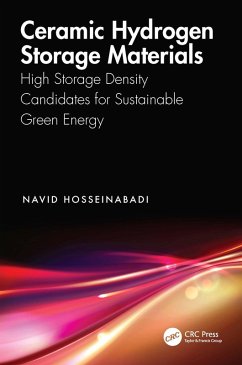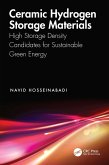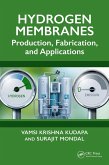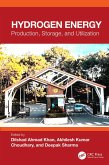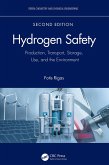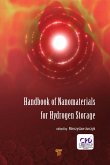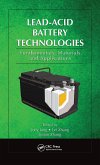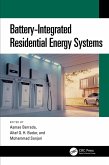Covering methods for characterizing hydrogen storage capacity, this book showcases how hydrogen has the potential to facilitate decarbonization of the electric power sector by storing energy produced from renewable sources. It addresses both ceramic oxides and non-oxides while expanding on the synthesis and characterization of zero- and one-dimensional, high-surface-area ceramic structures. This book discusses the applications of hydrogen batteries in zero-emission vehicles and hydrogen fuels for aircraft.
This book will interest upper-level undergraduate energy and materials engineering students, as well as researchers studying green energy storage materials, hydrogen storage, and alternative transportation fuels.
Dieser Download kann aus rechtlichen Gründen nur mit Rechnungsadresse in A, B, BG, CY, CZ, D, DK, EW, E, FIN, F, GR, HR, H, IRL, I, LT, L, LR, M, NL, PL, P, R, S, SLO, SK ausgeliefert werden.

